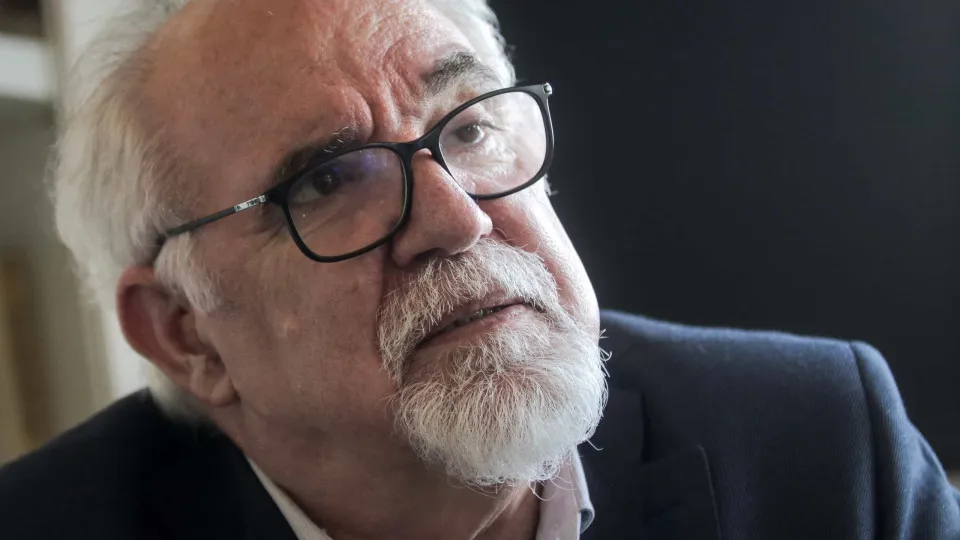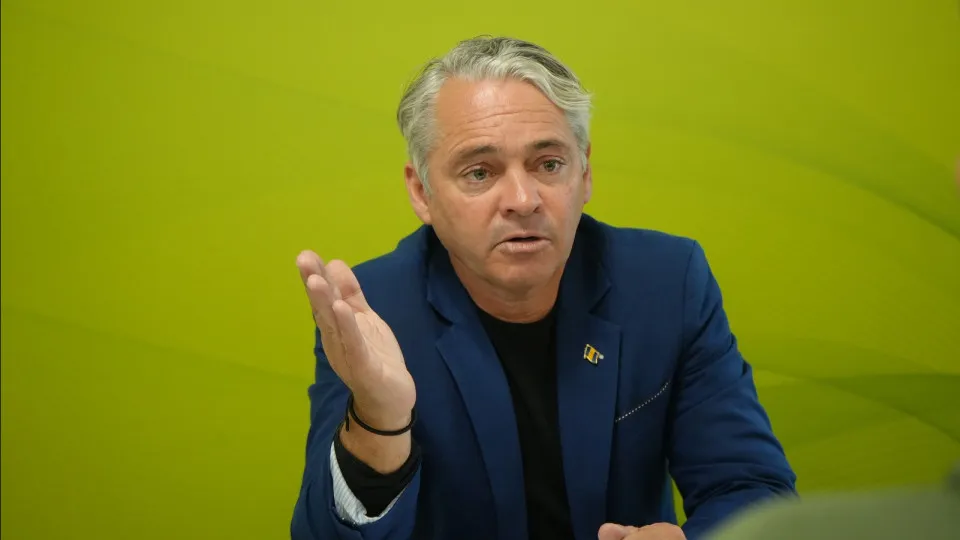
The former minister and former socialist deputy noted that the previous reduction in fixed-term contracts, from three to two years, and the extension of the trial period, from 90 to 180 days, was the factor that allowed the historically high weight of this type of contractual relationship in the labor market in Portugal to be reduced.
“The weight of fixed-term contracts has always varied between 17 and 19%,” but after the introduction of the legislative changes still in force, “it was reduced to 12.7%,” said Vieira Silva at the close of the conference on labor law reform, organized by the newspaper Eco.
“This reduction happened for two reasons: more demanding laws and a good economy,” he considered, adding that for this reason, he does not understand why the government now intends to go back to extending the duration of temporary contracts and reducing the trial period.
The former PS Minister of Labor presented several figures to attest to the “growth” and “robustness” of the labor market, notably the increase of 331,000 jobs in the last decade in Portugal, “essentially on a salaried basis.”
Fixed-term contracts, he said, decreased by 165,000 in the same period.
The “low conflictuality” between employers and workers was also noted by the former official, who placed Portugal as one of the European countries “with fewer strikes” and a higher degree of collective bargaining.
Reflecting on the current labor model, Vieira da Silva highlighted the existence of “elements of rigidity,” especially in the prohibition of individual dismissals, but that rigidity “is more formal than practical.”
“There is an effective flexibility that goes beyond the legal framework,” he noted.
Observing the existence of “extreme positions” between social partners regarding the government’s draft labor reform, Vieira da Silva warned of future challenges that, in his view, will condition the labor market, such as the digital transition and the energy transition.
“The innovations brought by Artificial Intelligence will reduce the need for manpower. I doubt that conditions will be created to absorb the surplus. We must be prepared and think about how we are going to distribute the work among everyone,” he concluded.




